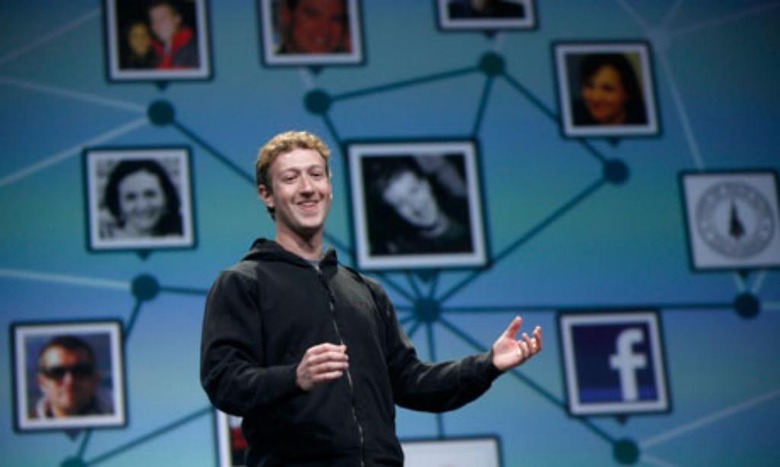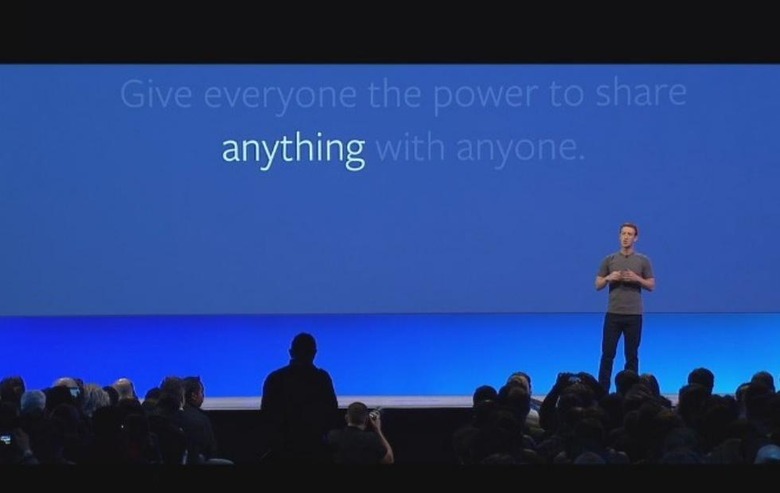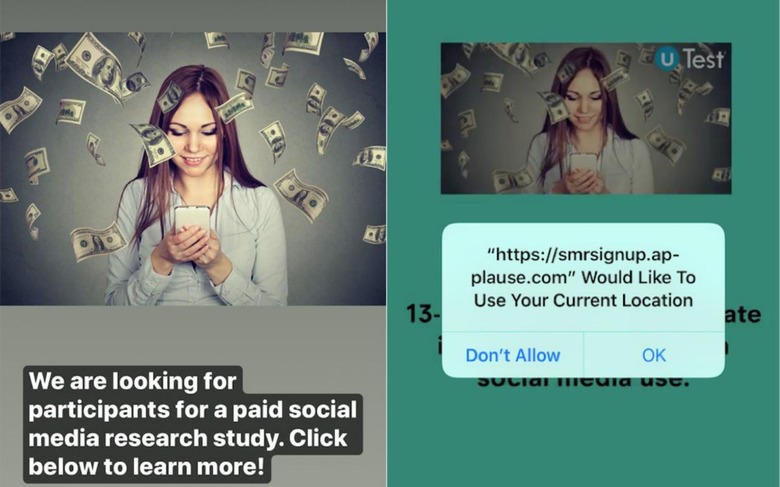Facebook Needs More Than A Fine To Change Its Privacy Ethics
Facebook might be setting a new world record soon but not in a very good way. Reports indicate that it is negotiating with the US Federal Trade Commission over what could be the largest fine ever levied on a technology company, breaking Google's $22.5 million in 2012. But while the still non-final multi-billion dollar penalty is seen as a "day of reckoning" for the social network giant, it will take more than just monetary fines to make Facebook change its ways.
That's not to belittle the impact such a large fine would have. The company will definitely take a financial hit but it has more than enough to make up for the loss. While a loss in the US could just be the start of Facebook's woes in other regions, especially in Europe, at the end of the day, Facebook will be able to recoup its losses if it survives. And it definitely will.
This is all presuming that multi-billion dollar fine will even be the final figure. Of course, Facebook is fighting tooth and nail to have reduced penalties and negotiate the FTC's demands. If the two can't settle on something they both agree on, you can pretty much look forward to one of the highest-profile court cases involving a tech company.
It's a good start, sure, and it sends a strong message that not even giants like Google and Facebook can escape the long arm of the law, eventually. But Facebook as been fined before and it has been dragged into scandals before. Each and every time, it promises to do better. Sometimes it does, sometimes it doesn't, and when it does – only until people start forgetting. In all the changes that Facebook has implemented in response to complaints, lawsuits, and issues, the one thing that hasn't changed is its culture and mindset about privacy.

It's almost as if Facebook never outgrew its origins. And while some institutions would be proud of staying faithful to their original spirit, this is one instance where that could become a liability. Facebook was originally intended as a Harvard social networking service, eventually growing to connect students from other colleges and universities as well. It flourished under a young market and its youthful spirit also changed the face of Silicon Valley forever. However, it also brought along some of the traits associated with Gen X and later, like taking privacy for granted.
We have grown up in an age where we can easily sign away our privacy and other rights with a checkbox, a click, or a tap. We have become numb to terms of service agreements, precisely because those were crafted to numb all but the most trained brains. We simply assume that companies are just taking the minimum of what they need to improve their services and never provide that data to third-parties as they promised. How very wrong we were.

When you mix that general disregard for privacy with the business acumen to see how such data could be effectively used to grow the business, you get Facebook. Right from its controversial beginnings, the company, its founders, and its leaders proved they had the skill and the will to get around any legal hurdle. Or, better yet, get away with what they can.
Facebook naturally denies it and, to be fair, we can't rely on hearsay all the time. What makes insider testimonies so believable, however, is how the company's actions confirm those "conspiracy theories". Those theories include how Facebook, time and again, has opted to err on the side of business growth even when they know how controversial the feature would be. If people got wind of it, that is. Which is also why they tend to keep the lid shut tight.

The problem with Facebook right now isn't just that it has repeatedly violated users' privacy or even broken agreements. The problem is that it is living and growing a culture that espouses and even rewards such behavior. Anything short of the company going bankrupt will drastically change it. And, let's face it, it's not going to happen.
Facebook has become so ingrained in our modern society that it will never be without users who probably couldn't care less about the company scandals than about being able to see their grandchildren's photos. And as long as there are users, Facebook will always find ways to turn them into profitable users. So, no, a multi-billion fine will be just like a spanking. It's going to hurt for a while, but it probably won't change anything long-term.
